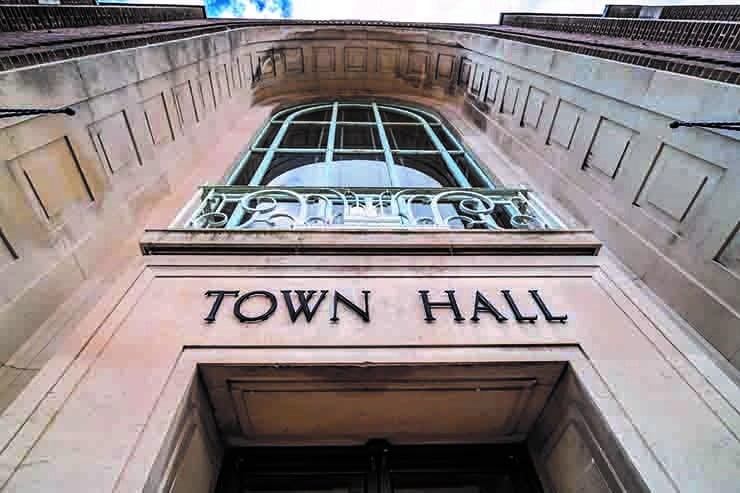The shortfall might result in the authority ‘significantly reducing’ its services.
As revealed in the Times earlier this year the council emerged from the pandemic in the black.
Despite a fall in revenues from car parks, Council Tax, and Business Rates that cost [TWBC] around £8million last year, the authority managed to balance its books during its last budget in April.
Leader Tom Dawlings speaking to the Times in July warned that ‘a continuation of a loss of revenue for the Council’ was expected next year due to falling Business Rates levels.
In a budget report ‘based on high level projections’ it has been revealed that for the financial year of 2022/2023 the Council is expecting a shortfall of £1,659,000.
Tomorrow [Thursday] the Cabinet is to be presented with the report by the officer in charge of finance at the Council, Lee Colyer, who will warn councillors that if it does not manage the deficit it could rise to £6.4million by 2027/28.
In his report he states: “For 2022/23 [the] Revenue Support Grant (RSG) for this Council is expected to remain at zero and at the time of writing there are no firm details of government financial support.”
He continued: “If left unmanaged the deficit would increase to an annual deficit of £6.4 million by 2027/28, which would need to be funded from new income, further cost reductions or support from central Government.”
To plug the deficit, the Council may have to make some hard decisions, but it is unlikely to put up Council Tax beyond the legally allowed maximum as that would require a local referendum.
But Mr Colyer points out that fees such as parking could be increased more easily, saying in his report: “For the fees and charges which are not imposed by central government a report will be considered by Cabinet in November.”
A public consultation is expected to begin in December to ask residents and businesses what services residents would like ring-fenced.
Speaking to the Times after the publication of his report last week, Mr Colyer said that the only way to balance the Council’s books will be by ‘significantly reducing the range of services provided’.
He said: “With the economy struggling to recover and the combination of higher inflation and labour shortages, the Council’s income is currently insufficient to fund the range and quality of services to be provided.
“A benchmarking exercise confirmed that the Council already operates on a very lean and efficient basis which makes savings more difficult to achieve without significantly reducing the range of services provided.
“The community and local businesses are still being impacted by the pandemic and the budget strategy is to continue to support them and encourage economic activity through the temporary use of reserves.
“This approach will be tested with the public through a budget consultation in December before Council makes a final decision on the budget and level of Council Tax in February.”








